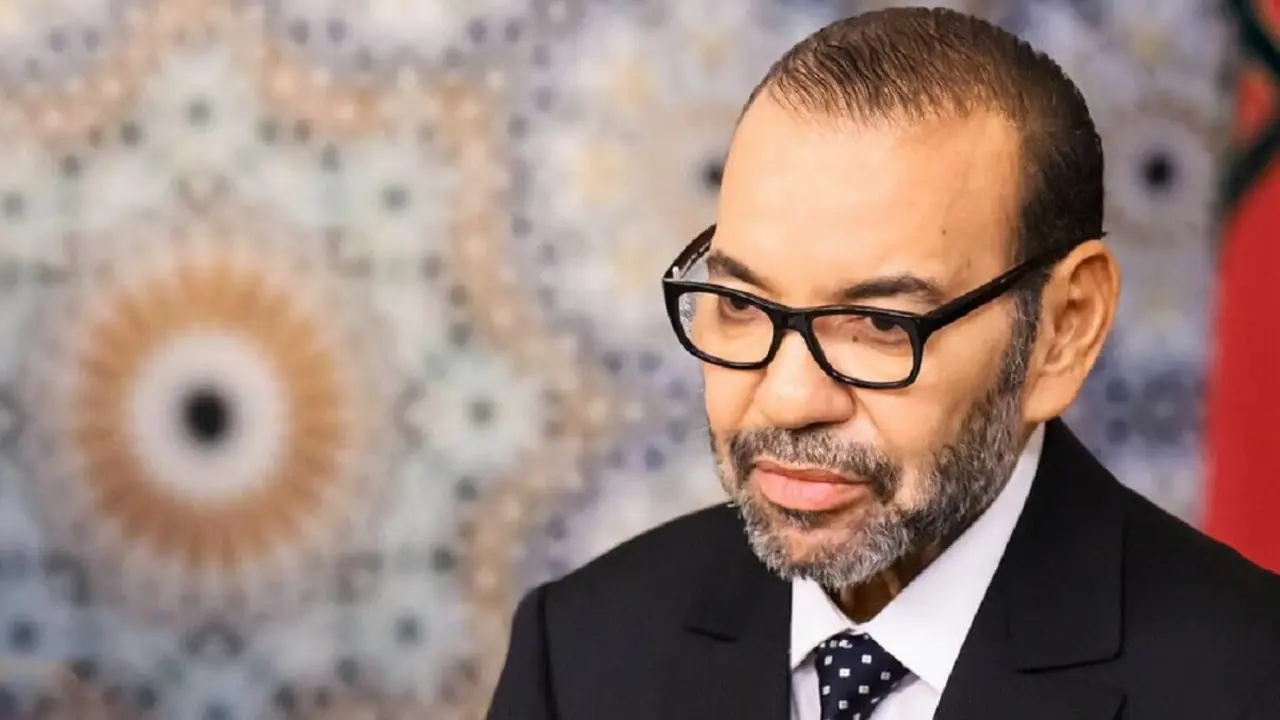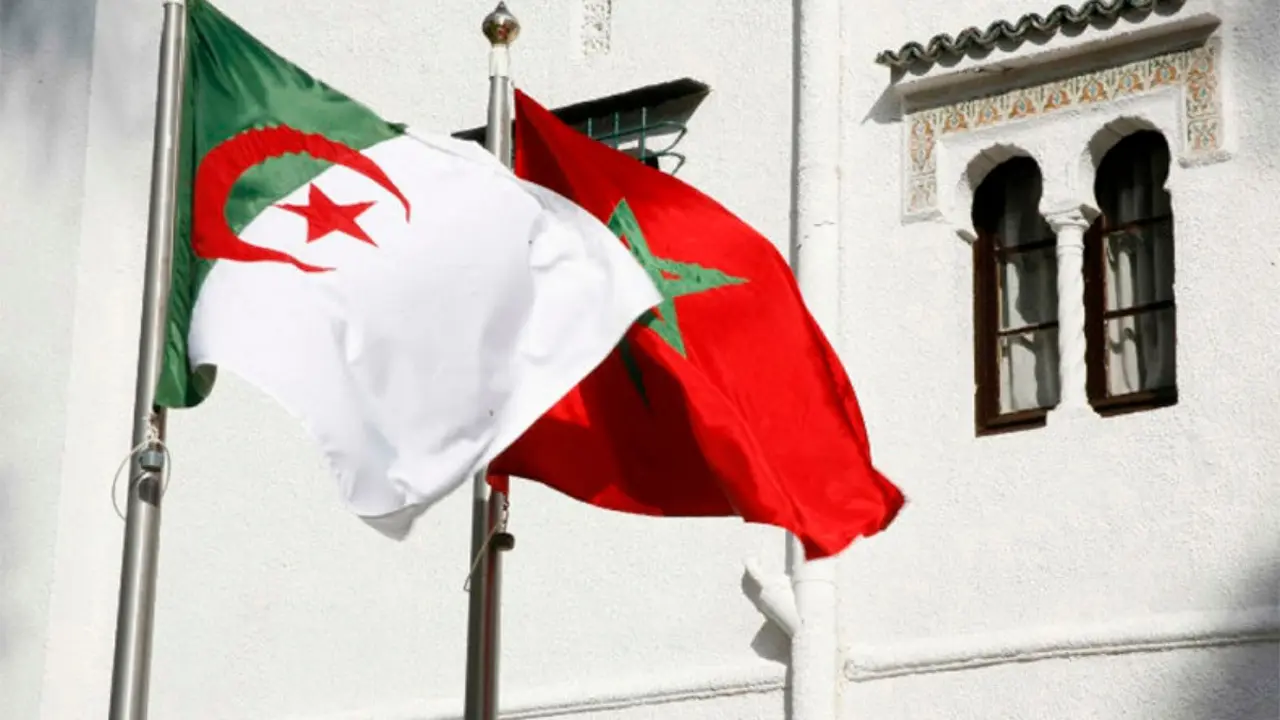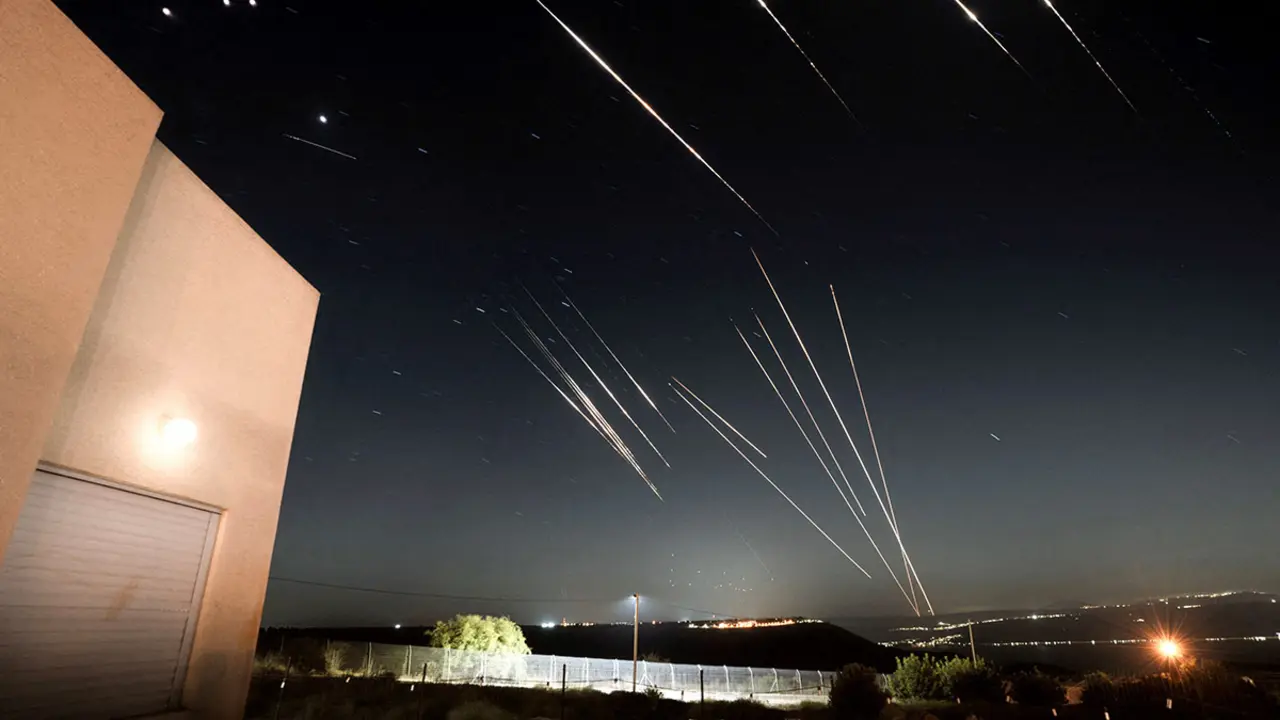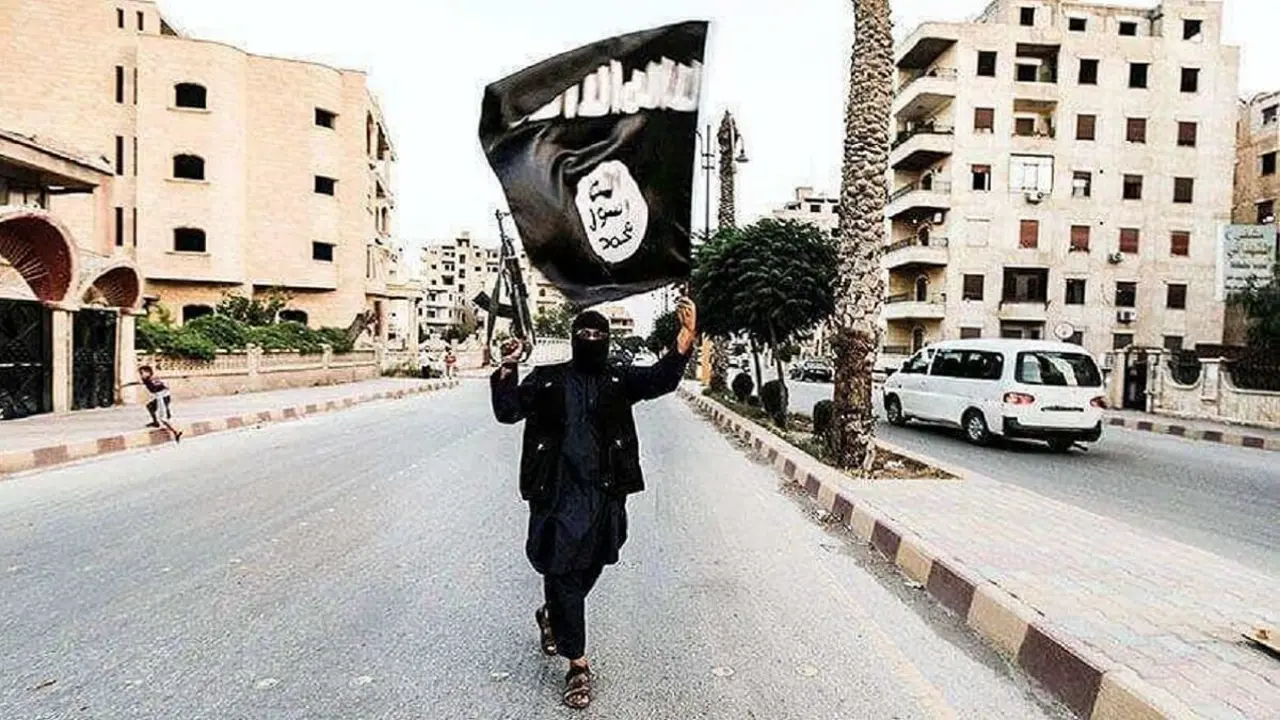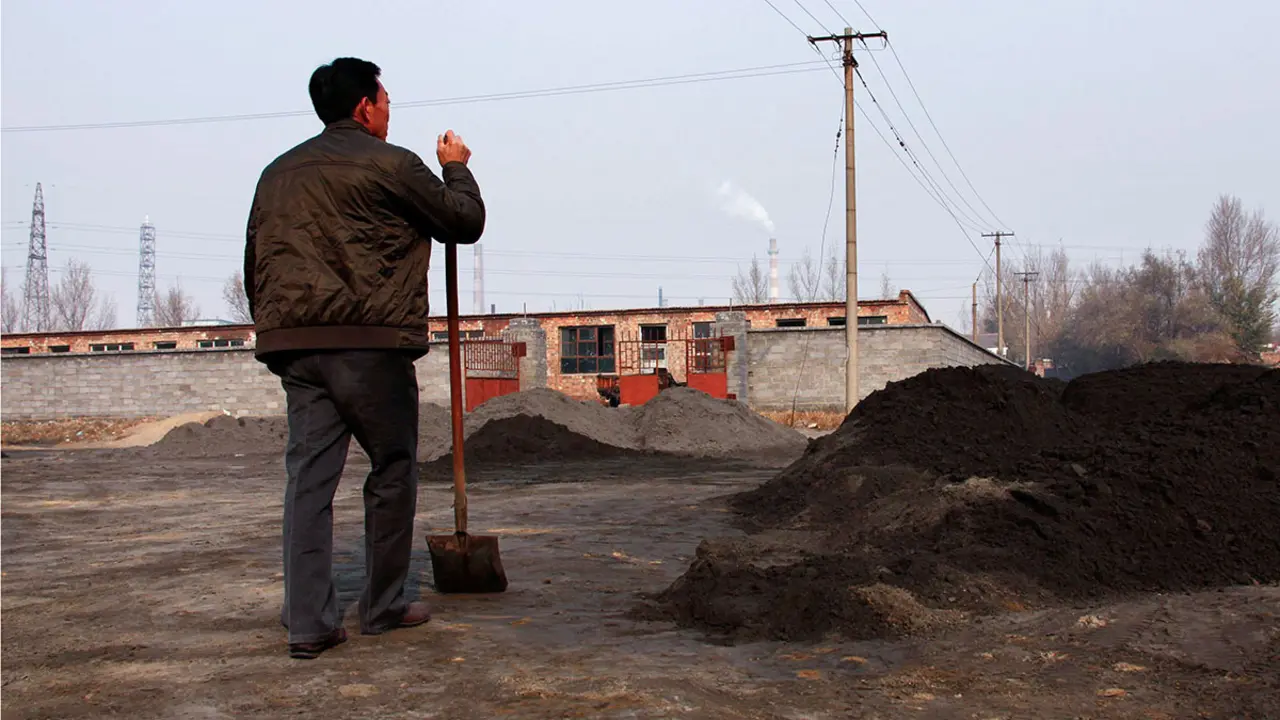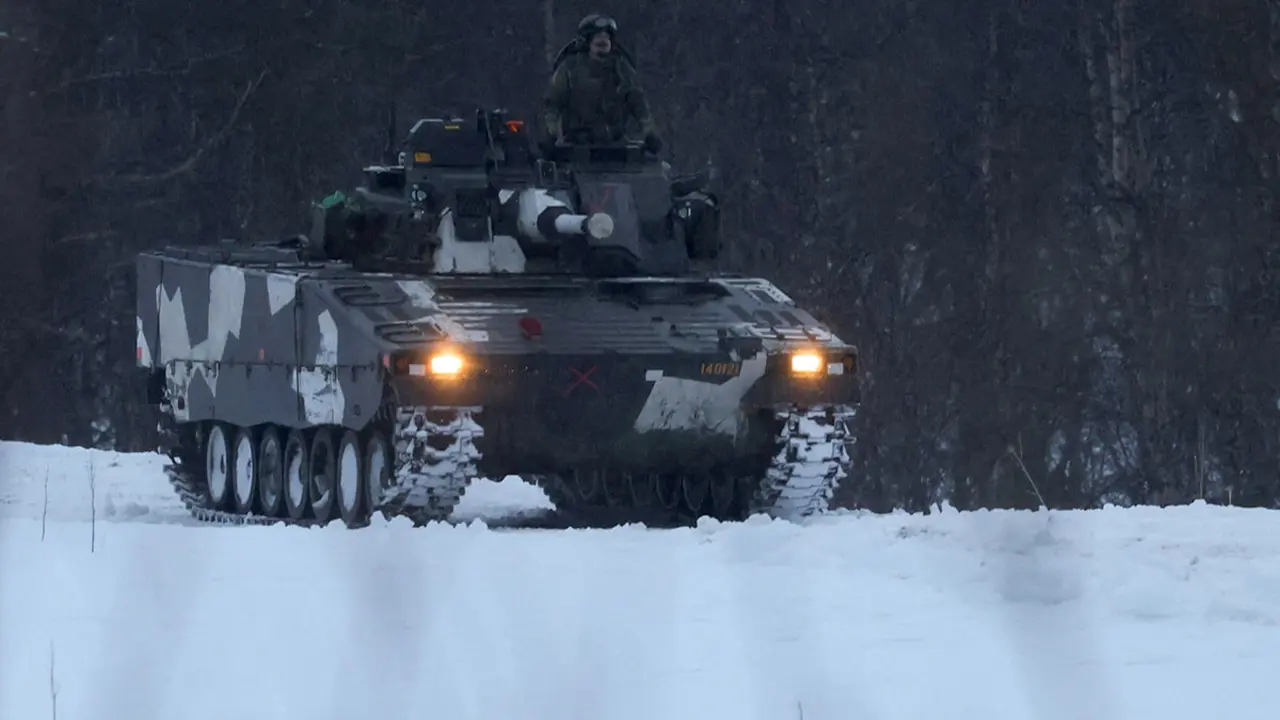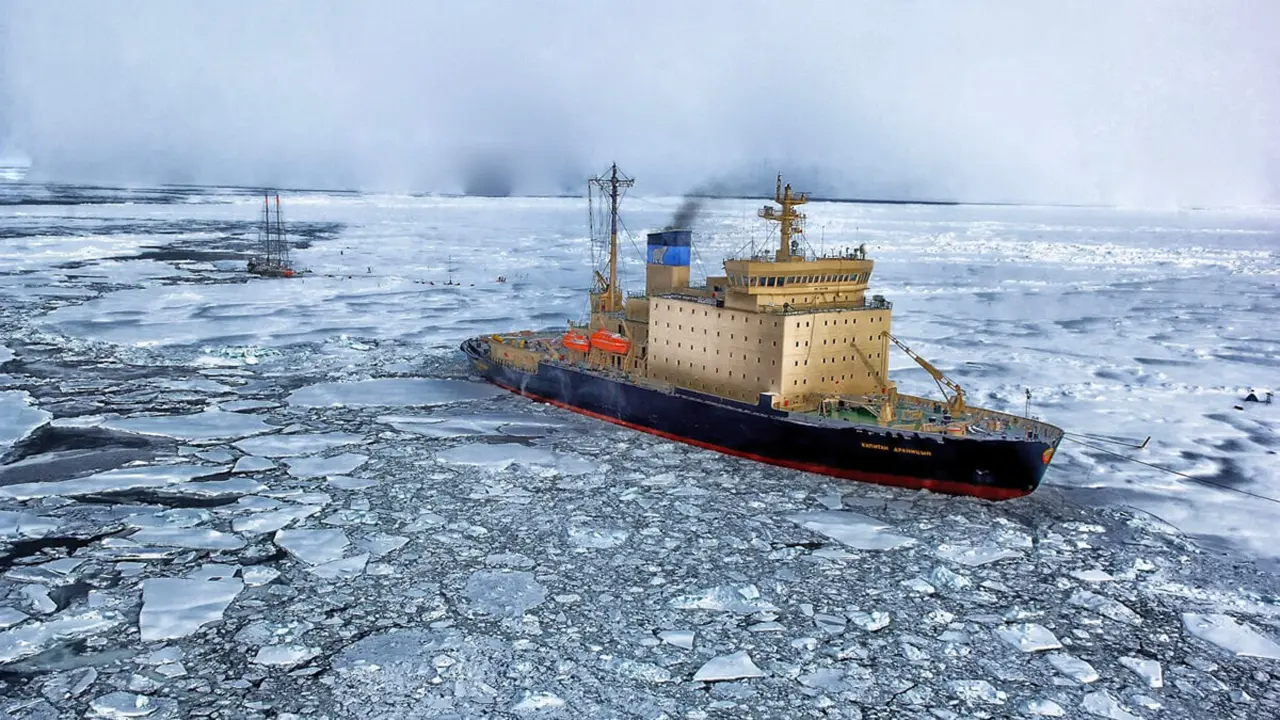España impulsa el desarme sexual de los conflictos armados en la OTAN

Rape, torture, sexual mutilation, slavery or forced prostitution are the forms of sexual violence in armed conflict. This type of violence has been considered mere "collateral damage" for decades, but the truth is that it is a weapon, cheaper than bullets, that is currently used in a widespread and planned manner in countries such as the Democratic Republic of Congo, Somalia, Sudan, Mali, Afghanistan, Syria and Colombia with total impunity.
Spain is the main NATO country pushing for the Atlantic Alliance to continue implementing UN Resolution 1325. This is the first formal and legal document of the UN Security Council that requires parties to conflict to respect women's rights and support their participation in peace negotiations and post-conflict reconstruction. It was adopted in 2010, and led to the creation of the Women, Peace and Security Agenda.
In the words of the current Minister of Defence, Margarita Robles, more involvement is needed because "there are too many leaders who turn a blind eye, whole societies that look the other way". And the NATO summit to be held in Madrid next year would be the perfect scenario for raising this issue as well. "We must continue to denounce, we will not be silent. And as far as the Ministry of Defence is concerned, our commitment is firm," the minister added.

NATO adopted a first Action Plan to support the implementation of this Resolution at the Lisbon Summit in 2010. This policy line has been updated several times, most recently in 2018, with new action plans. Most recently, in 2019, it adopted its first policy on prevention and response to sexual exploitation and abuse. And it is not the only international organisation to put in place policies aimed at adopting the objectives of the Women, Peace and Security Agenda.
The 6th Progress Report on the Sustainable Development Goals (SDGs), unveiled at the last G7 summit, includes 24 instances dedicated to women. And the US-EU summit last June explicitly spoke of "women's empowerment". It is clear that women are entering the international agenda, and that steps are being taken. But for the moment they are insufficient.
"There is another reality, in contrast to the rhetoric of good intentions. And there are few countries interested in implementing Resolution 1325 within NATO," insists Margarita Robles. The Defence Minister is also concerned about the situation in Afghanistan now that the Atlantic Alliance is leaving the country. "How are we leaving Afghanistan 20 years later, how are we leaving the Afghan women," she asks. "Neither NATO nor the UN should leave the area".
Another region of concern is the Sahel. "In Mali, where Spanish soldiers are deployed, the participation of women in peace processes is necessary, without them there will be no peace," says Robles, who also calls on the EU to get involved and help Mali to complete its democratic transition process, before it ends up as another failed state in the hands of terrorist groups.
"It is unbearable that there are wars that continue to be waged on women's bodies", asserted María Teresa Fernández de la Vega at the last international conference sponsored by Women for Africa, the foundation she presides. In this context, de la Vega took the opportunity to criticise the UN itself by recalling that Resolution 2467 of April 2019 on sexual violence in armed conflict was not approved unanimously. "There were two abstentions... why would anyone abstain on the commitment to eradicate sexual violence?

Africa is the continent with the highest number of victims of sexual violence in armed conflicts, and more than 90% of those affected are women. The testimonies of these survivors - by their own admission - are shocking.
"When a survivor tries to seek justice in my country, the elders put pressure on her not to take the case to court, to settle it outside the system, and in the end the rapists are not punished," said Dr Sukria Dini from Somalia at the same conference. Informal justice, poverty, illiteracy and lack of state protection go hand in hand in war-torn African countries, and this leads to under-reporting. It is estimated that for every 20 rapes, only one is reported.
In the case of Somalia, there is only one female judge in the whole country. Women lawyers are also rare. And of the few rape complaints that are brought, most come to nothing. In many cases, victims do not understand the procedures because they cannot read; in others, pressure from some members of the community makes them give up. And in the most egregious cases, victims are forced to marry their attackers, because forced marriages were legalised in 2020.

Progress in achieving sexual disarmament in armed conflict is currently insufficient. Some countries are even regressing in this area. And the pandemic, as well as some strategic decisions involving the withdrawal of international troops from some open conflicts, worsen the situation. This is why the international community must mobilise and take a stand to eradicate this particular war against women.
Although the data is not exact, because far fewer assaults are reported than actually occur, there has been an upward trend in cases of sexual violence, child abuse and violence against women in general since the pandemic began. The UN report "The Shadow Pandemic" highlights the fact that in some countries, efforts and resources used to respond to violence against women have been diverted to provide immediate relief from the effects of COVID-19.
Over 250 million women, aged 15-49, worldwide are estimated to have experienced sexual or physical violence by 2020. Women's helplines in developed countries, where there is no ongoing conflict, have recorded an increase of more than 30% in calls. If these figures are extrapolated to countries at war, where the rule of law was no longer in place before the pandemic, it is easy to imagine the consequences.

In the midst of armed conflict, access to justice for victims is very difficult. Even when the armed conflict is over, and the post-conflict transition is underway, in most cases women are not believed. And when they do manage to be believed, it is not easy either. There are places, such as Somalia, where women cannot even present their case to institutions; it has to be a male member of their family who presents the case and tells the details of the sexual assault.
The shame suffered by these survivors, and the re-victimisation to which they are subjected, makes them give up in most cases. And many hide it outright.
Rape and other forms of sexual violence have been considered violations of International Humanitarian Law (IHL) since the 1990s, but rapists are rarely prosecuted when their crimes are committed in the context of war. Moreover, in the last five years, the list of countries where rape is used as a weapon of war has remained unchanged. This speaks volumes about the impunity that prevails in such cases.

Although there is a clear prohibition on amnesty for these war crimes, the first such ruling at the International Criminal Court came in 2019. This sentence condemned Congolese warlord Bosco Ntaganda to serve 30 years in prison and to pay a fine of 30 million in reparations for victims of sexual violence.
He pleaded insolvency to pay the financial penalty, but it is still a ground-breaking sentence, and an important milestone. Although the Court's own prosecutor has acknowledged that punishing these crimes is "a promise for the future", because it is not yet a reality in the present.
Sexual violence in wartime has been widely documented since ancient times. There are written records of the use of these practices during war raids by the Roman army in its conquests. Since then, sexual violence against women has been present in every military campaign on record.

Mass rape has been part of offensives such as the Second World War, where its use was prescribed to "boost troop morale". And they have been carried out by armies all over the world: Japan, Pakistan, Germany and Russia are on the list.
Despite the precedents and the impact that these mass rapes have on societies, it was not until the Bosnian war (1992-1995) that sexual violence was considered more than "collateral damage". Its use as a tactical strategy, as part of ethnic cleansing in the Balkans, changed the way these abuses were perceived in the eyes of the international community. It is estimated that between 30,000 and 60,000 women were savagely raped in Bosnia during this conflict. And the testimonies shocked the world.
Stories were published in the world's press, and books were written about it. And it led, in part, to the passing of UN Resolution 1325 a few years later. But this has not been enough to eradicate sexual violence in 21st century conflicts. Syria, Myanmar, Afghanistan, Iraq, Palestine, the Democratic Republic of Congo, Central African Republic, Sudan, Somalia, Mali and Libya, among other countries, add to the list of modern wars that continue to be waged on women's bodies.

